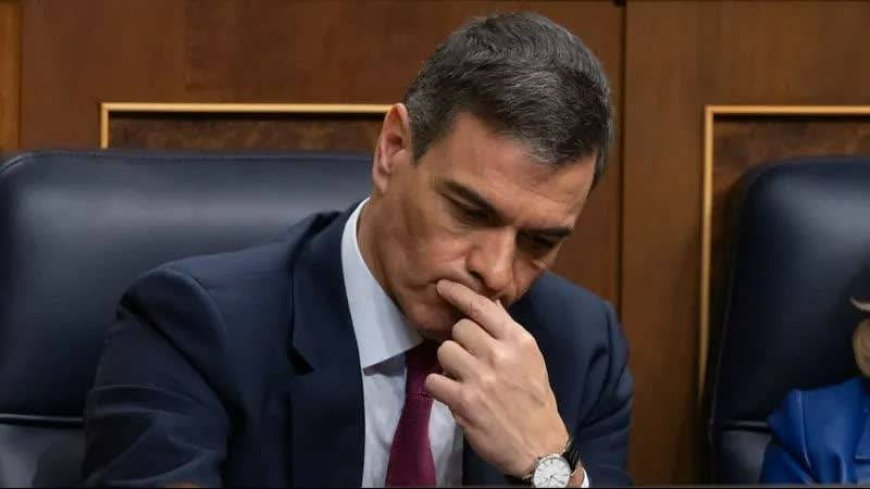Turmoil in Spain: A Test of Resilience amid Rising Political and Social Unrest

In recent days, the political landscape of Spain has been rocked by revelations that could have led to the resignation of its Prime Minister, Pedro Sánchez. However, in a defiant stance bolstered by public support, Sánchez has resolved to endure the controversy surrounding a judicial probe into corruption allegations against his wife, Begonia Gomez. This essay seeks to unravel the layers of this political drama, examining the implications for Spain's democracy and the broader socio-political ramifications.
The genesis of the crisis can be traced to a right-wing non-profit group, "Manos Limpias" (in English: Clean Hands), which lodged a legal complaint implicating the Prime Minister's spouse in a financial scandal. The group alleges that Mrs. Gomez played a pivotal role in securing a substantial bailout for Globalia, an airline company, drawing from a strategic fund designed to mitigate the economic fallout from the COVID-19 pandemic. This fund, totaling €10 billion, has been accessed by numerous airlines; thus, the singling out of Globalia has raised questions about the motives behind the accusation.
Previously, similar allegations have been dismissed by the Spanish Prosecutor's Office, citing a lack of substantive evidence. The current complaint, resting on the fragile foundation of press reports, has been recommended for dismissal by the prosecution. Yet the silence of the presiding judge has cast a shadow of uncertainty over the proceedings. It is within the judge's purview to advance the case, potentially exerting immense pressure on the Prime Minister and his family through witness testimonies.
Confronting these adversities, Sánchez has chosen to shoulder the burden, drawing strength from the widespread support of the Spanish populace and political figures. Though he has refrained from outlining his future strategies, Mr. Sánchez’s resolve suggests a commitment to overcoming this ordeal and reinstating Spain as a beacon of democratic ideals.
The escalation of pressure on the Prime Minister is not without context. The unexpected formation of a national government, against the anticipations of right-wing factions, has sown seeds of political discontent. The discord is further exacerbated by the Spanish government's social policies, which clash with extremist ideologies. Sánchez's efforts to quell separatist sentiments have also encountered resistance from pro-independence groups.
Moreover, Spain's stance on international issues has contributed to the tension. As one of the first European nations to censure Israel's policies and a proponent of recognizing Palestinian statehood, Spain has positioned itself in opposition to certain geopolitical forces. The timing of the pressure exerted by a group with extreme right affiliations, traditionally unsympathetic to Palestinian causes, insinuates the involvement of Israeli lobbies seeking retribution or leverage over the Spanish administration.
Nevertheless, an unforeseen show of solidarity emerged as thousands rallied in Madrid, signaling robust public backing for Sánchez. This mass mobilization, acknowledged by the Prime Minister in heartfelt gratitude, has seemingly upset the calculations of Israel's lobbies and their influence as a pressure mechanism. The assumption that criminal accusations against the Prime Minister's family might precipitate governmental collapse has proven ill-founded.
As the world watches, the decision of the Madrid court hangs in the balance. Should the case be dismissed, it would not only vindicate Sánchez but also potentially fortify his position within Europe, enabling him to exert renewed pressure on Israel. This episode stands as a testament to the resilience of political leadership and the power of public opinion, shaping Spain's democratic journey and its role on the world stage.













































